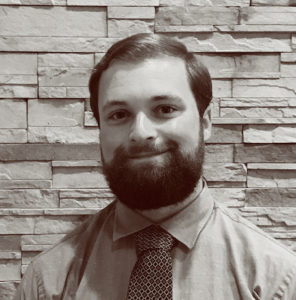Were you aware that members of our communities who are LGBTQ have significantly higher rates of anxiety and depression than their straight or gender-conforming neighbors and family members? Studies have shown that between a third and a half of LGBTQ people have dealt with anxiety and depression, a rate that’s 1.5 to 2.5 times higher than with the rest of the population.
Why are anxiety and depression more prevalent among those who identify as LGBTQ? One reason is the challenge of dealing with prejudice and discrimination. Being treated differently because of who you are and being subjected to negative behavior and messages creates stress and can interfere with a person’s well-being.
One result of that kind of stress is damage to one’s self-esteem. If someone is continually hearing bad things about who they are and the life they lead, they can start to think of themselves as hopeless, unlovable, unworthy, and a flawed human. Those negative self-images can contribute dramatically to feelings of anxiety and depression.
Another source of stress is having to be careful connecting with others when those negative comments and attitudes can be found everywhere. People who are LGBTQ may hesitate to reach out to other people out of fear they’ll be rejected.
It’s not unusual for LGBTQ people to believe they’re the only one who feels the way they do. If they seek help for their feelings, they’ll soon discover that what they’ve felt and experienced are common. Knowing that alone alleviates some stress, but learning how to cope with life’s challenges typically requires more work.
Sitting down with a professional therapist can help you develop a better understanding of who you are and start learning to love yourself. It can also help you examine your relationship with others so you can become better at deal with the people in all aspects of your life. No matter who you are, you deserve to be happy and move forward with a sense of purpose.

Jared Jones combines the use of cognitive and behavioral strategies to help young people who struggle with anxiety, mood disorders and suicidal ideations.
